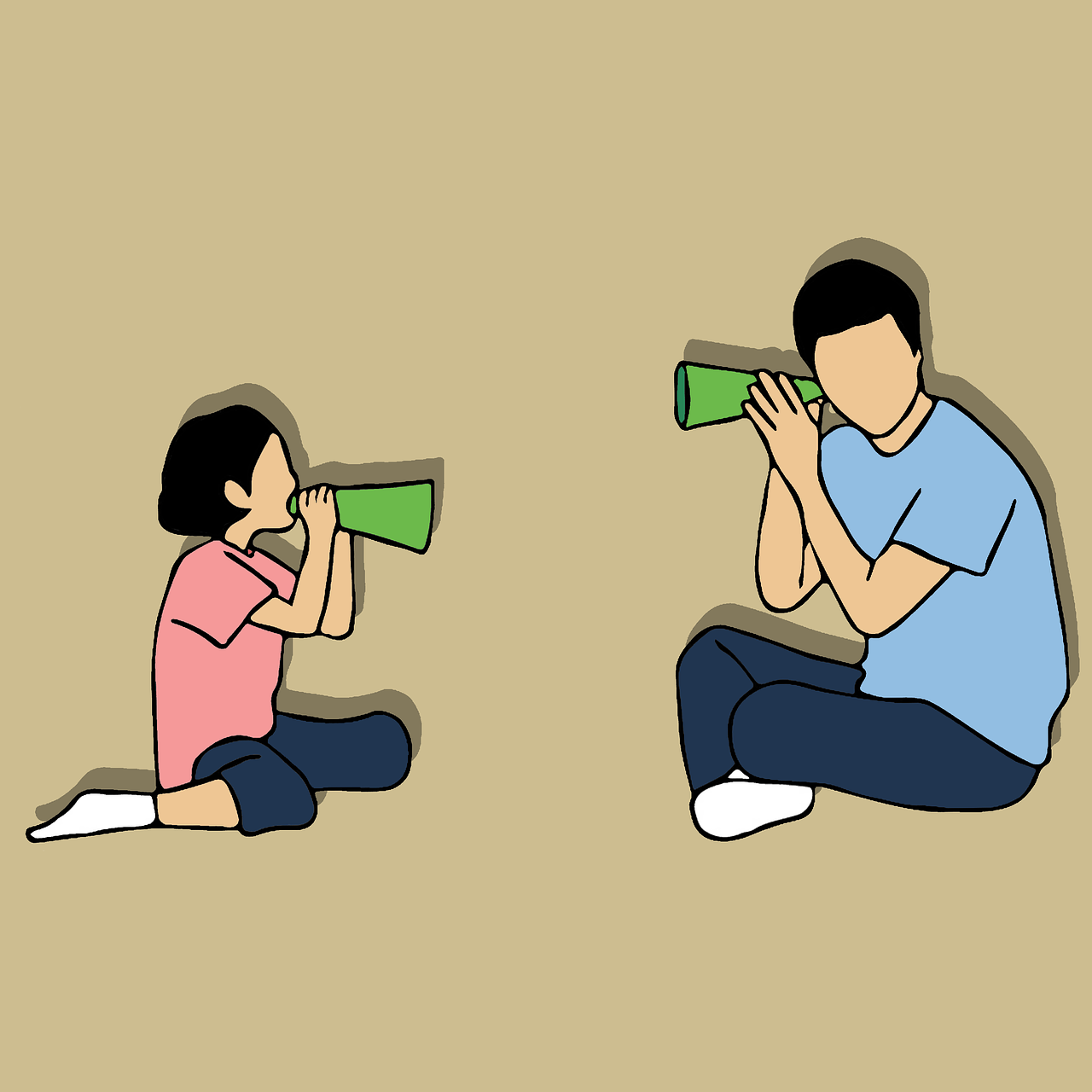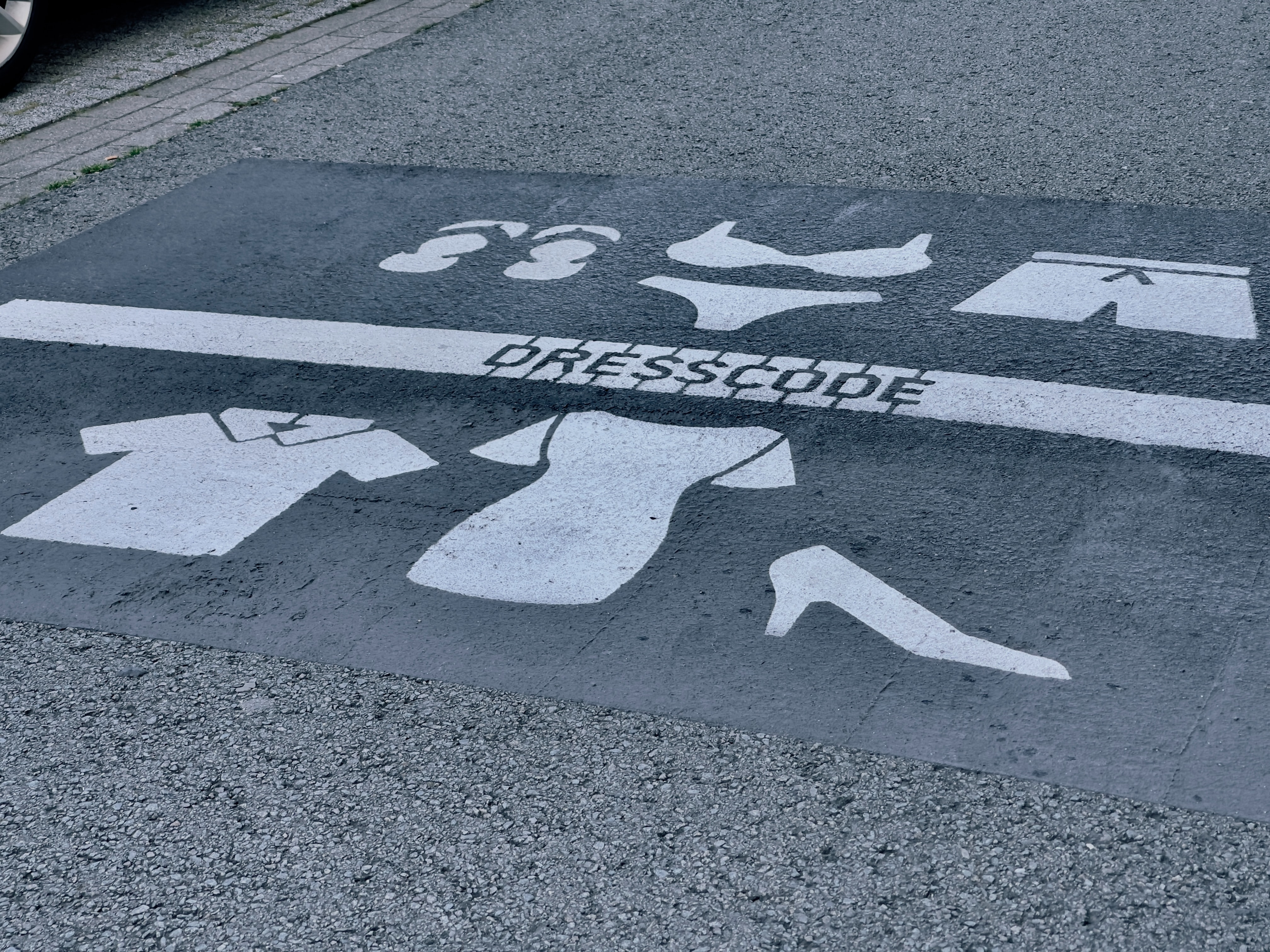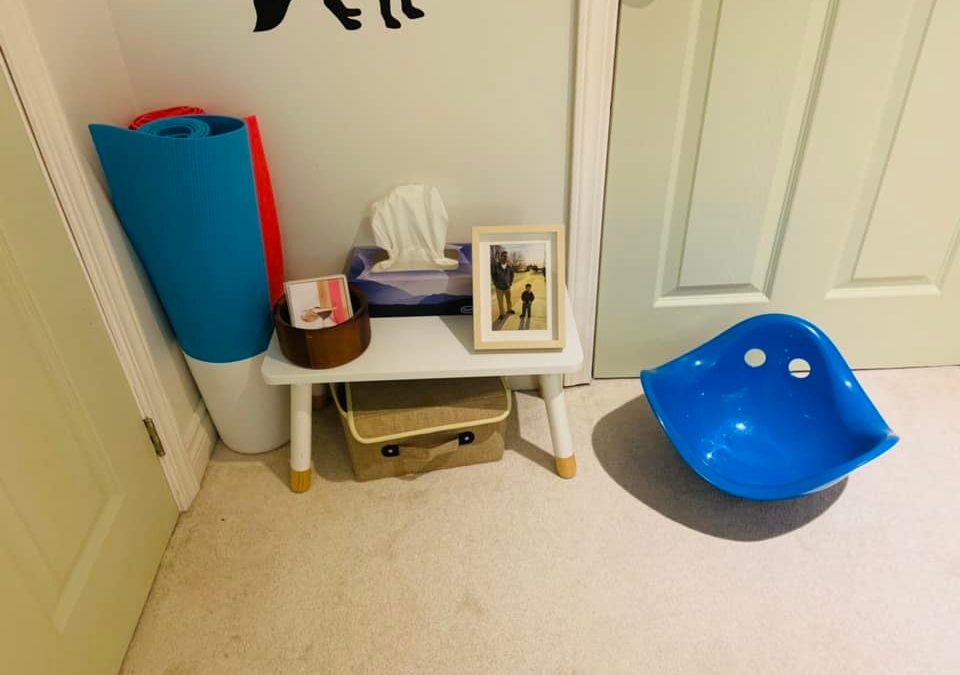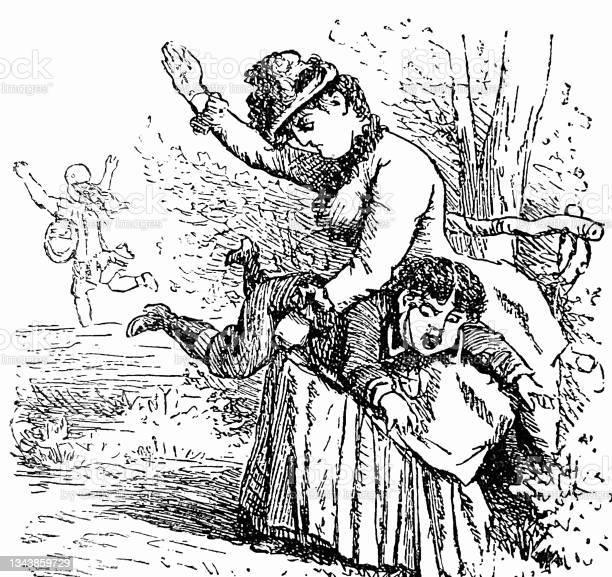
“Children need to know who is in charge”
Here is the problem with that argument. Even if you never punish a child, even if you never correct them, even if you do nothing to enforce this point, your child knows. They recognize their vulnerability. It is part of the reason why siblings compete for attention and resources. That competitor is a threat to their relationship with their provider. A child knows when they are too small to reach something. They recognize that they cannot drive a car or wipe their own bottom. They may know what they want to eat, but they do not know how to acquire and prepare it.
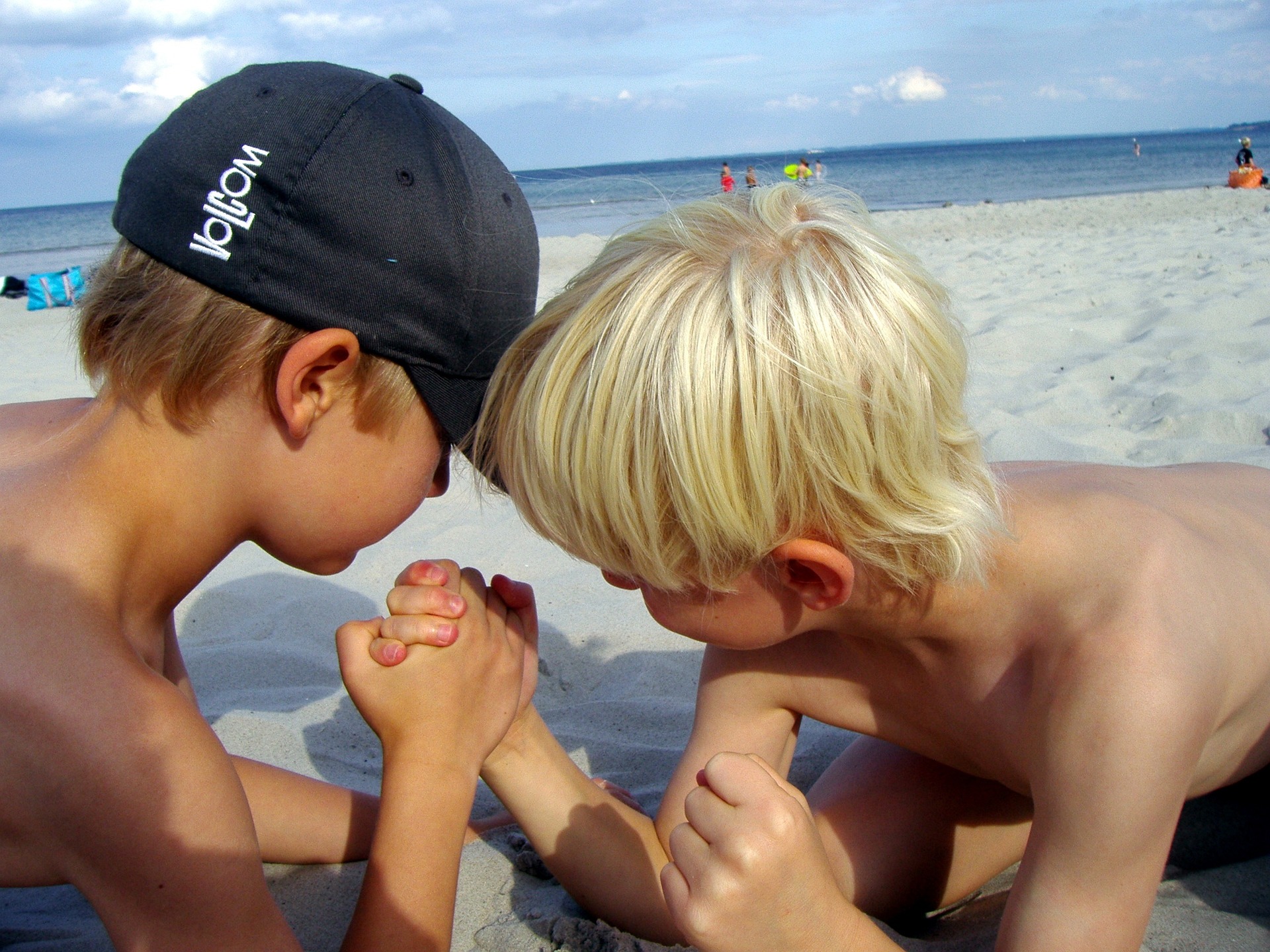
Even the teenager in the height of their rebellion and fight for independence desperately needs to know that they have the unconditional connection to their adults. They know they are not the ones paying all the bills, and they are likely still afraid to schedule their own doctors’ appointments. No matter how they try to throw off the power of authority over them they still recognize that it is there. They are still driven to please those adults that they hold in the highest esteem and ideally those adults would be their parents.

They know you are in charge, and you know you are in charge. The much more important question is what will you do with that power?





